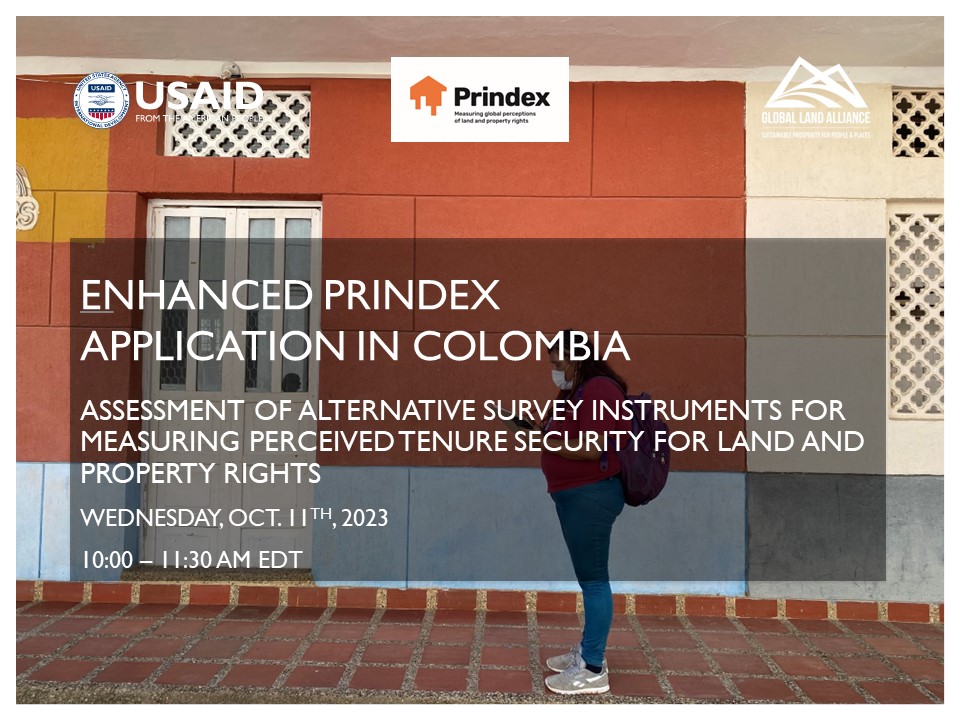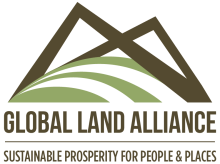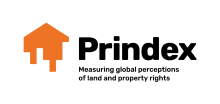The Land Portal invites registered users to upload relevant events to our Events page. This webinar has been posted by Matt Sommerville, Chief of Party of USAID’s Tenure and Global Climate Change Program implemented by Tetra Tech.
Please join the United States Agency for International Development (USAID), Global Land Alliance, and Prindex for a virtual webinar on Wednesday, October 11th, 10 – 11:30 am EDT, to discuss findings from an assessment of alternative survey instruments for measuring perceived tenure security.
Secure and transferable property rights for land and housing are a key driver of economic development, environmental sustainability, and social stability, and are an important focus of public policy. To better protect property rights and develop effective policies and programs in this area, policymakers and practitioners require a clear picture of the current level of tenure security across countries, sub-national jurisdictions, and groups of people, and they need to be able to track changes across time. An increasingly popular measure of tenure security is individuals’ perceptions of tenure security (PTS) – a subjective assessment of the risk of losing property rights. The main benefit of PTS over other measures of tenure security, such as possession of formal/government-issued documents confirming property rights, is related to its comparability across tenure forms (including informal) and legal systems. However, as has been noted in survey design literature and program implementation practice, differences in how to measure PTS may lead to inconsistencies in assessment and thus in programmatic and policy recommendations.
This study draws on new data collected in Colombia of individuals’ PTS, based on the Prindex methodology, to learn more about the formulation of measurement scales for this increasingly used metric. It is motivated by the expanding set of studies of tenure security around the world using different measurement scales and a corresponding need to understand the impact of these differences for comparability and reliability of the results used in policy discourse. This study also contributes to learning about tenure security in some of the most conflict-affected areas of Colombia. The data from Colombia was collected using two different measurement scales and allows analysis of the impact of these approaches. It provides corresponding recommendations for this type of research.
The research team will share their methodology, findings from the Colombia pilot application, and broader implications for designing fit-for-purpose measurement tools for tenure security.
Zoom link: https://us06web.zoom.us/j/84554916701
Final report: https://www.land-links.org/document/enhanced-prindex-application-in-colombia/




